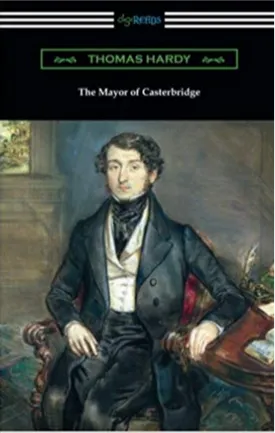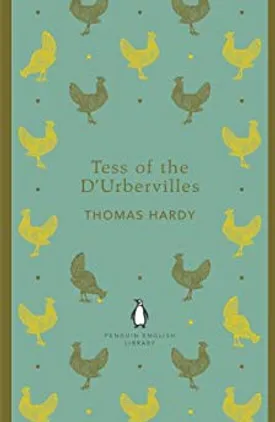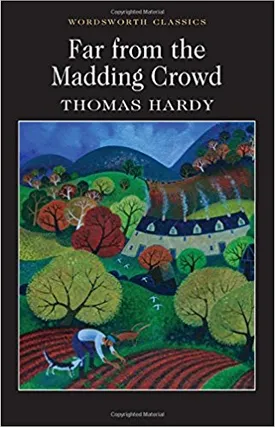Thomas Hardy
Thomas Hardy is a renowned British author of the nineteenth century who is often acclaimed as one of the greatest English novelists of all time. He is best known for his novels of rural life, which feature a bleak view of the universe from the perspective of the protagonist.
Hardy was born in Dorset, England in 1840. His father, also named Thomas Hardy, served as an apprentice to a local builder and his mother, Emma Gifford, was a traditional country girl whose family ran a nearby store. He received his early education from local dame schools and was later sent to the town of Dorchester to receive further instruction in classics and literature.
At the age of 16, Hardy left school to serve as a pupil and under-teacher in an architect’s office in London. Under the tutelage of his mentor, Arthur Blomfield, he gained a practical knowledge of architecture which would later become an important element in his works. Hardy’s creative nature began to show during this period and he immersed himself in writing and theatre. In 1860, he published a collection of poems and his first novel, ‘Desperate Remedies’, was published in 1871.
Throughout the early 1870s, Hardy published a variety of works, but it was with his novels of rural life, such as ‘Far from the Madding Crowd’ (1874), ‘The Return of the Native’ (1878), and ‘The Mayor of Casterbridge’ (1886) that he rose to true fame. These novels featured a stark realist view of humanity and the destructive power of fate over an individual’s life.
In the late 1890s, his works became darker and more somber as he composed tragedies such as ‘Tess of the d’Urbervilles’ (1891) and ‘Jude the Obscure’ (1895). In these works, Hardy demonstrates a bleak view of the universe where characters have no control over their lives and the lack of free choice evoke profound despair.
In addition to his works of English rural life and tragic novels, Hardy composed a number of poetry collections, some of which are regarded as his most influential works, as well as essays and short stories. He also wrote and published several literary monographs on the poets he admired.
While his novels deal with issues of rural life and sparse depiction of bleak existentialism, Hardy’s poetry is often praised for its vivid descriptions of nature and masterful use of rhyme and meter.
Throughout his life, Hardy consistently wrote despite the lack of recognition and gradually rose to true fame in his later years. He was awarded a Doctorate of Laws by Oxford University in 1908, and was knighted in 1910. At the age of 87, Hardy died at Max Gate, the house in Dorchester designed by Hardy himself, on January 11, 1928.
Thomas Hardy is considered one of the most important authors of Victorian literature, and his works are remembered and enjoyed by readers around the world. While his novels are often lauded for their spare depiction of rural life and their pessimistic worldview, his poetry is praised for its vivid nature descriptions and skillful use of language.



